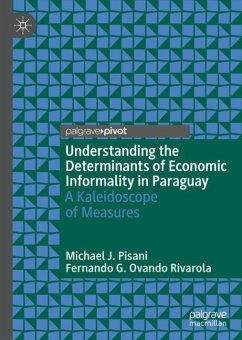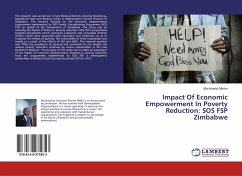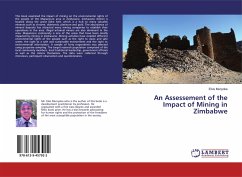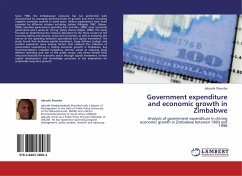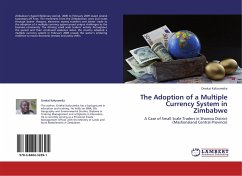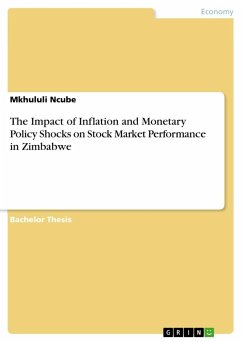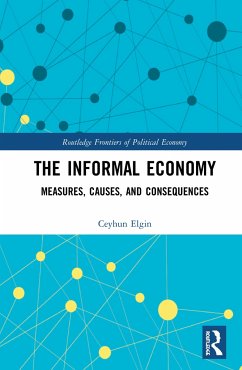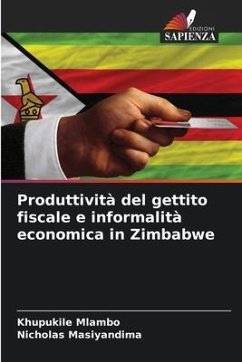
Tax Revenue Productivity and Economic Informality in Zimbabwe
Versandkostenfrei!
Versandfertig in 6-10 Tagen
29,99 €
inkl. MwSt.

PAYBACK Punkte
15 °P sammeln!
The study seeks to estimate and assess the revenue productivity of Zimbabwe's taxes and to explore the nature of the relationship between economic informality and the revenue performances of the various taxes. We utilized tax and income data over the period 1990 to 2018. Basing on the estimated tax revenue buoyancies and elasticities; and our computed index of economic informality we find that Zimbabwe's tax system is non-buoyant and inelastic. However, when the effect of economic informality is pinned down, the system becomes buoyant and elastic. The result holds for overall tax revenue, corp...
The study seeks to estimate and assess the revenue productivity of Zimbabwe's taxes and to explore the nature of the relationship between economic informality and the revenue performances of the various taxes. We utilized tax and income data over the period 1990 to 2018. Basing on the estimated tax revenue buoyancies and elasticities; and our computed index of economic informality we find that Zimbabwe's tax system is non-buoyant and inelastic. However, when the effect of economic informality is pinned down, the system becomes buoyant and elastic. The result holds for overall tax revenue, corporate tax, personal income tax and the customs tax. The VAT and excise tax are buoyant and elastic; with and without the effects of informality. We also find evidence suggesting that the negative relationship between economic informality and tax revenue performance, runs from economic informality to taxation and not the other way around. The study recommends that over and above improving theefficiency of its tax system through plugging sources of tax leakages and avoidance, the country should discourage informality through growth enhancing measures and reforms.



